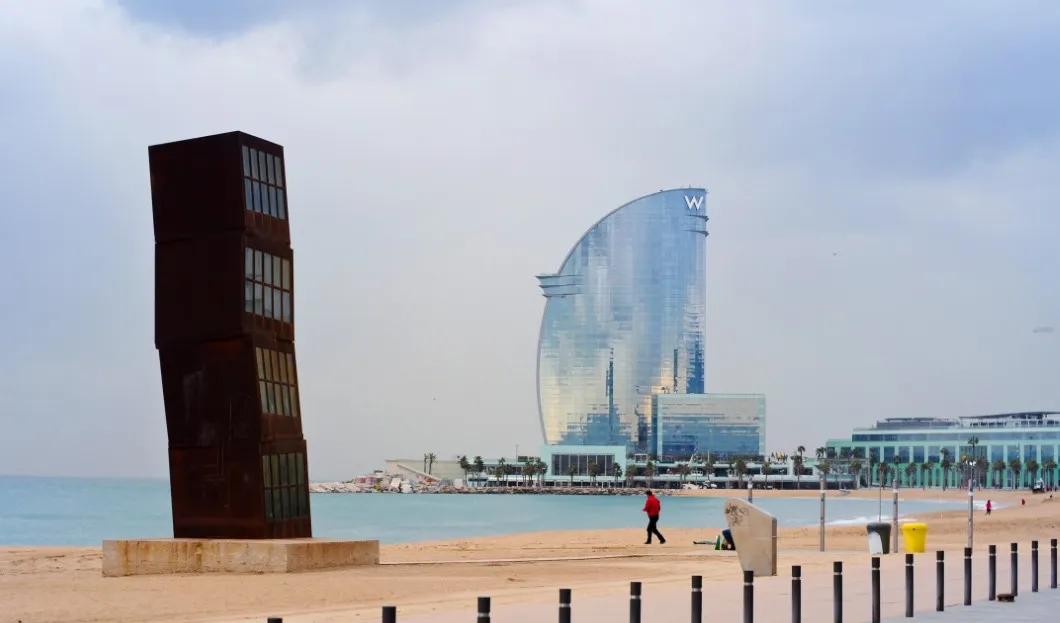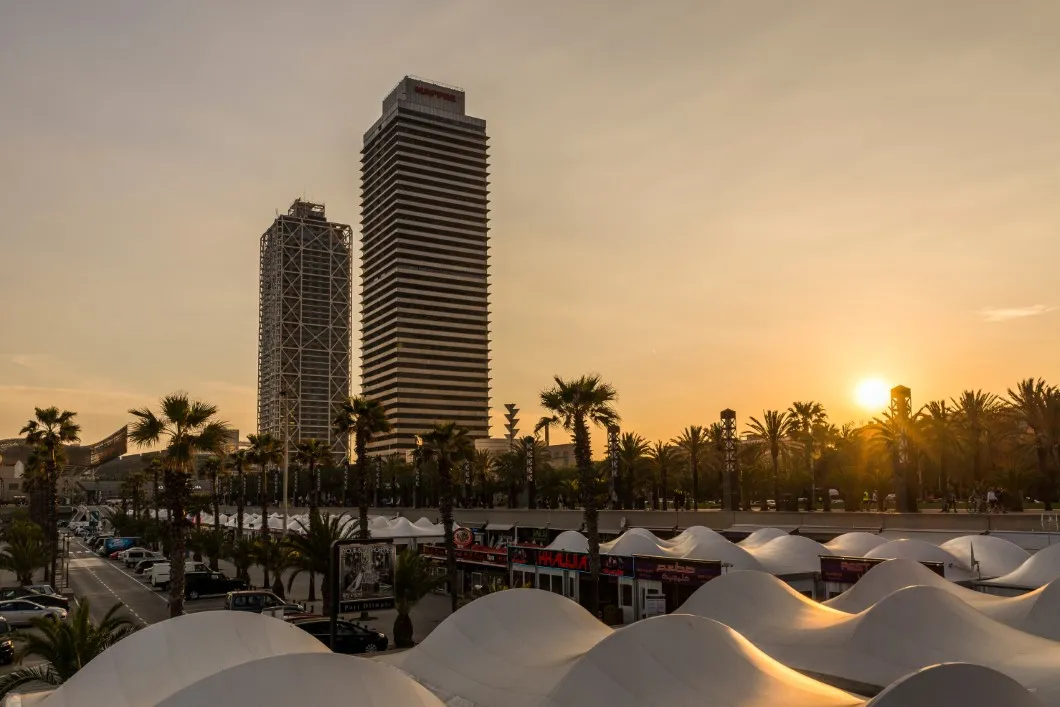
Despite the government announcement and the good amount of searches and bookings, the Barcelona Hotels Association stays realistic. Not many hotels in Barcelona are ready to open any time soon. The situation in other Spanish cities is similar.
Spain is to officially open its borders to foreign visitors on 1st July. Only a third of hotels in the country, however, plan to open the doors for the summer.
According to statements by Manel Casals, director of the Barcelona Hotels Association, just between 20% and 25% of hotels in the Catalan capital will open at the beginning of July, meaning that more than 75% of the hotel rooms in Barcelona will remain closed. Casals believes that large hotel chains will concentrate the clientele in one or two hotels, and for others, it simply “won’t be profitable to return to business yet.”
For this reason, most hotels in the city will open in September, and there will still be a smaller group that won’t resume activities until there’s “a lot of movement”. As expected, those that will open first are large hotels, which are able to host a good number of meetings and congresses so they could fully reopen from October or November, depending on how the events unfold.
Barcelona hotel managers have already given up, and state that the summer season is “lost” for tourism. According to Casals, those who open do so because they lose the same money whether they open or remain closed.
Recovery Will Come
Despite the fact that tourism is one of the industries that suffer the most from this health crisis, Casals strongly believes that “recovery will come”, but that its intensity will depend on many factors, including the possible vaccine or treatment to combat the virus, among others.
There are other elements that can accelerate (or slowdown) the return to activity, such as the government being able to portray greater trust to international tourists, and hotel managers being able to adapt to ‘the new normal’.
Casals says that how openings occur will depend not only on how things are done, but, to a large extent, on the way decisions are communicated. At this point, it is believed that the Spanish government did not explain well the isolation procedures that international travelers should follow when arriving in Spain, which caused a stir in the industry, while recalling that this measure will only be effective while the state of emergency lasts. “If the messages are not sent right, it scares away the clients”, explained Casals, who also assured that the number of bookings registered so far is “incidental”.
The general director of the Barcelona Hotels Association says that from the moment the borders are reopened, it will take between 6 and 8 months for hotels to recover “certain normalcy”, but the performance levels before the COVID-19 pandemic will not be possible until 2022.

Rescue Plan for Tourism
“The industry will recover,” said Casals, because the hotel business in the city “is profitable,” but has warned that a “rescue plan for tourism” is needed. Without such plan, some entrepreneurs will lose assets because there are vulture investors already “looking for bargains” and, while they are not making offers yet, “they’re already on the prowl”, he warned.
Among the measures that Casals considers for this rescue plan, just like CEHAT (the Spanish Confederation of Hotels and Tourist Accommodations), it is worth mentioning to maintain ERTEs until the end of the year or to extend the postponement of tourist tax payment for another 6 months, which is paid in Catalonia and currently put off until September.
Other measures could address financial aid for the industry or improvements in rents or mortgages conditions for establishments. Casals hopes that by July 1, borders will reopen, although it is “another thing whether people will be encouraged to travel”. In his opinion, the country is facing a health crisis, followed by a transportation crisis and lastly, a trust crisis, so Spain has to go through these three in order to regain some normalcy.
Despite everything, the director of the Barcelona Hotels Association has been optimistic about the future of the sector and recalled that tourism is “very sensitive” to external factors, but that it is also recovering very “quickly”.










